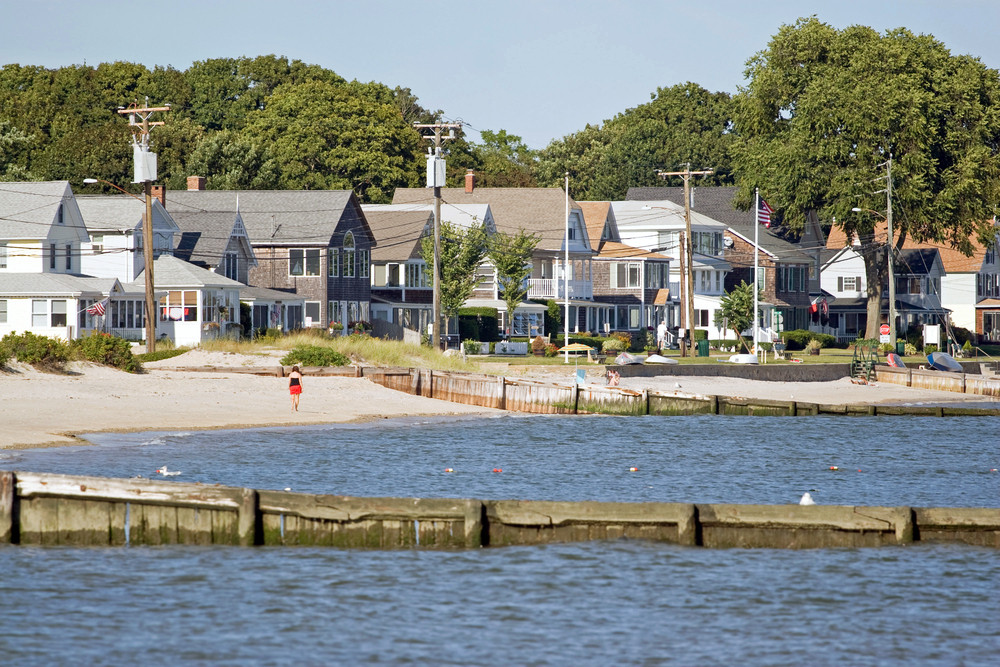
You’ve probably eaten seaweed in sushi or other dishes, but did you know that sea vegetables are increasingly being farmed through aquaculture? Aquaculture farms focus on raising sea plants and animals in controlled environments. As concerns grow over depleted wild fish stocks and ocean pollution, aquaculture offers a more sustainable way to produce food from the sea. Here’s a deep dive into the fascinating world of sea vegetable aquaculture.
Getting to Know Common Cultivated Sea Vegetables
Several types of nutritious sea vegetables are grown on aquaculture farms. Kelp, a brown algae high in iodine, is used in soups and salads. Giant kelp can grow up to two feet per day on underwater lines. Nori is the seaweed wrap used to roll sushi. Nori sheets are cultivated on nets in shallow waters and harvested annually. Wakame is a sweet, delicate seaweed used in miso soup. It’s rich in fucoidan, a compound with antiviral effects. Sea Lettuce is a bright green, ruffled seaweed that adds color and crunch to dishes. It’s loaded with vitamins and minerals.
The Many Benefits of Farmed Sea Vegetables
Growing sea vegetables through aquaculture offers many advantages over wild harvest. Farms allow for higher, more consistent yields in a controlled setting. The process is eco-friendly, using no fertilizers or freshwater. Seaweed even helps filter excess nutrients from the ocean. Farming sea vegetables is sustainable, protects wild seaweed beds, and creates carbon sinks to combat climate change.
Additionally, sea vegetables deliver unique health benefits. They contain antioxidants, vitamin K, omega-3s, and prebiotics. Research shows compounds in seaweed may help prevent chronic diseases. With all these upsides, it’s clear that farmed sea vegetables are a smart choice for anyone looking to live a healthy lifestyle.
Aquaculture is booming globally, and sea vegetable farming is part of the growth. According to the International Trade Administration, the aquaculture market has a growth rate of 3.6% globally. Consumer demand for sustainable and nutritious foods makes sea vegetable farming an attractive niche. New technologies like offshore systems and integrated multi-trophic aquaculture create opportunities to scale up production. If you’re interested in pioneering a new frontier of sustainable food, Maine Aquaculture Association can help you with your aquaculture farms. Reach out to us today to learn more.
